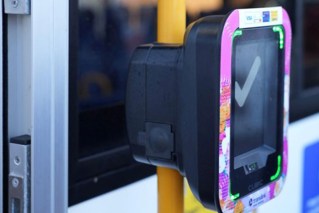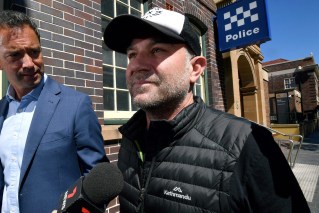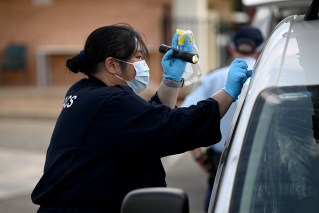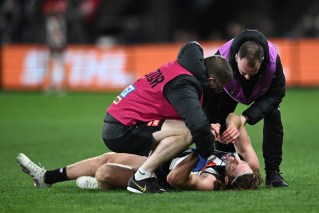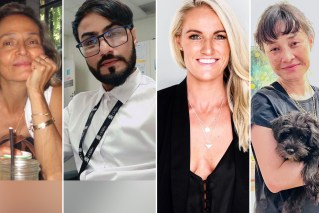How Denise the sea turtle made it back to the reef after year-long recovery
The “amazingly resilient” green sea turtle was rescued after washing up on a remote central Queensland beach badly injured from a boat propeller strike.
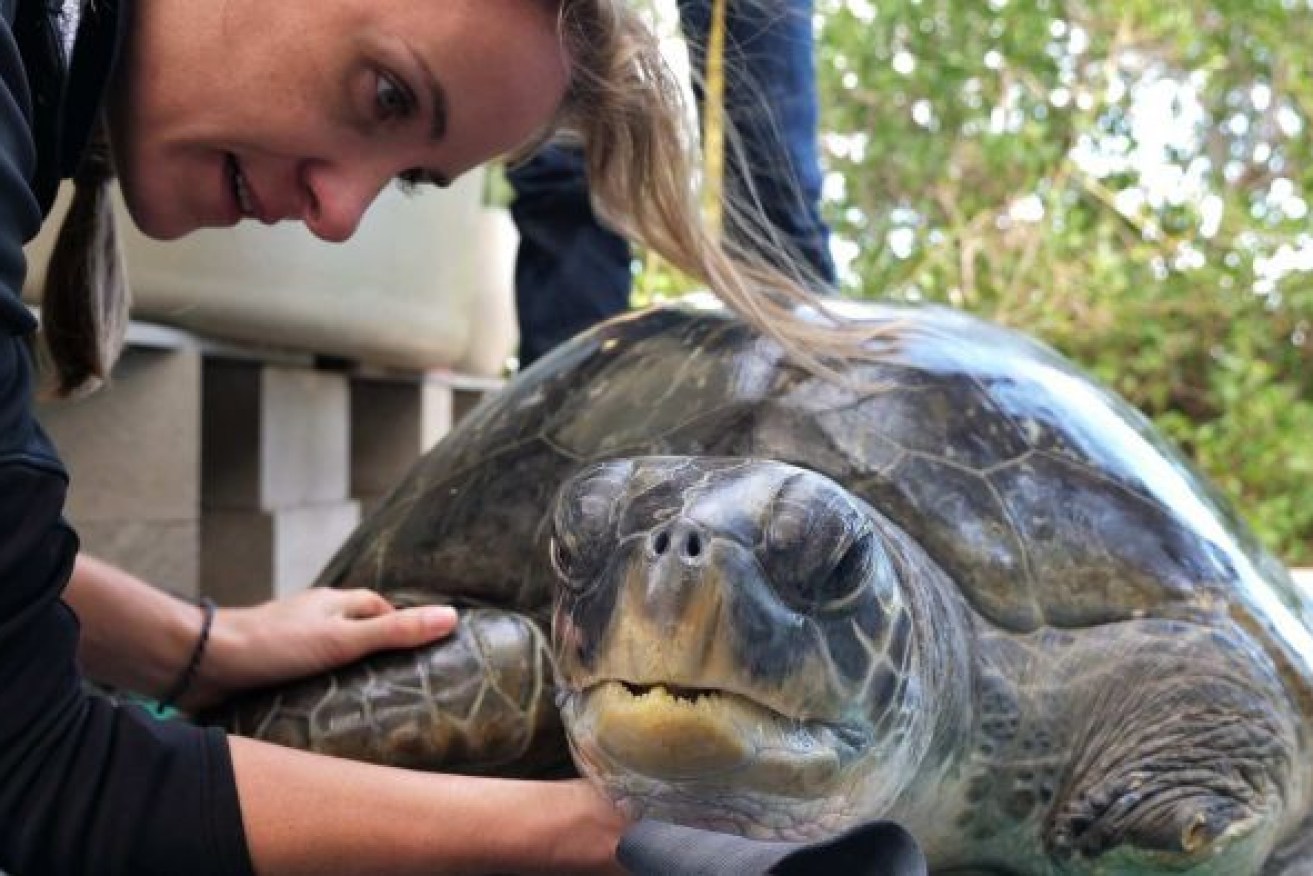
Denise loved her shell scratches and would try to grab her handlers' hands with her rear flippers. (Photo: ABC)
A vulnerable green sea turtle that washed up with life-threatening injuries on a remote beach has returned to the sea with three flippers — 18 months, and thousands of dollars worth of food later.
In November 2018, a Great Keppel Island resident raised the alarm after finding Denise with a sliced throat, cut eyelid and half a flipper missing.
In rough seas, rescuers loaded the 140kg turtle onto a bodyboard and carefully towed her to an accessible beach.
With the help of a forklift, she was ferried 15km to the mainland and driven another 50km to Rockhampton veterinarian Greg Muir.
During her 18-month recovery at the Quoin Island Turtle Rehabilitation Centre, Denise put on more than 30kg and ate more than $15,000 worth of squid, sardines and pilchers.
Manager Kim van Oudheusden said Denise would not have survived without the help from so many people.
“Her flipper was half chopped off and a boat had sliced her throat and her eyelid had been chopped off,” she said.
“The vet kept her overnight and stitched that back up and then she came here in a car and then we took her on a boat here — it was quite an operation.
“We are so grateful to all those people that help us out and do these amazing things because without them, we would not be able to rescue these turtles.”
She was named after one her rescuers, Denise Weisse, president of the Keppel Turtle Fund Inc.
Carers at Quoin Island have rescued and rehabilitated hundreds of turtles since 2011 but owner, Bob McCosker, developed a strong bond with Denise during her lengthy stay.
“I’m happy to see her extremely healthy like she is, but sad to have to see her go through her life flipperless, thanks to another boat,” he said.
“I laid down beside her and while I was pulling her stitches out of her eyes, she did not move, didn’t flinch — she just watched me and she knew what we were doing.
“They are amazing animals.”
Breeding the next generation
Marine biologist, Liam Turner, and his partner, Hayley Coen, have been caretakers at the centre for six months.
“It’s a really good feeling to release a breeding female out into the wild,” Turner said.
They hoped Denise might bump into Yoda, another mature green sea turtle that was released from the centre in March.
“They have a shared experience so hopefully they remember each other, maybe give a scratch to each other,” Ms Coen said.
It takes females of the vulnerable species 30 to 40 years to reach reproductive maturity.
“Once she’s in the water she’s fine, but obviously they don’t navigate the land too well with only the one [front] flipper,” McCosker said.
“It’s just going to be difficult for her to find her way up a beach and lay [eggs].
“But they’re an amazingly resilient animal and they just never give up.”
Fishers urged to be careful
McCosker says because turtles live underwater and out of sight, humans often forget about them.
“We have to be careful and be mindful; what we do on the mainland affects these gorgeous animals out in the sea,” he said.
He urged boaters to slow down and keep an eye out for marine life.
“A propeller had got caught between her head and her flipper, which obviously did massive damage to her,” McCosker said.
“Just really watch the water, not just for where you’re going but for animal life.”
Whether it be fishing line, hooks or crab pots, he said the centre saw constant injuries and deaths caused by recreational fishing.
“[Fishing line is] to be there for the next 1000 years, not the next couple of weeks, it’s there forever,” McCosker said.
“What we need is a massive movement to get into a biodegradable fishing line.
“Any form of plastic or nylon, it doesn’t belong in the ocean.”
– ABC / Erin Semmler

